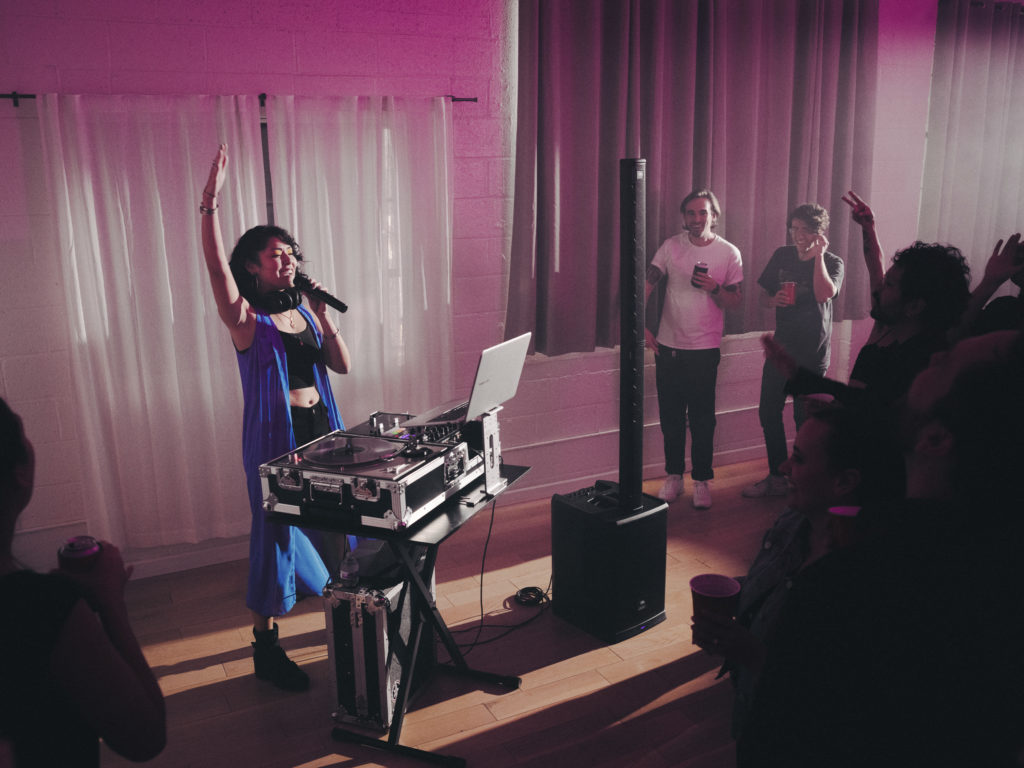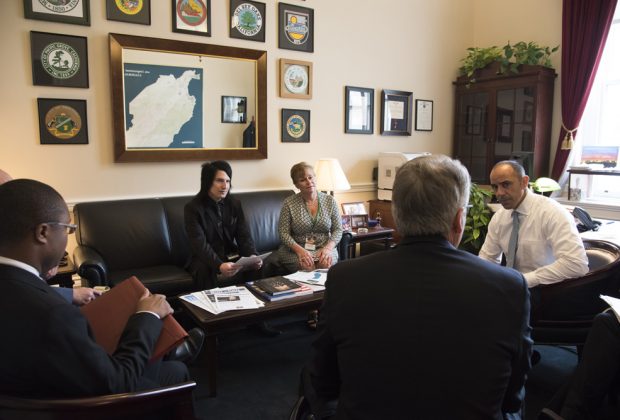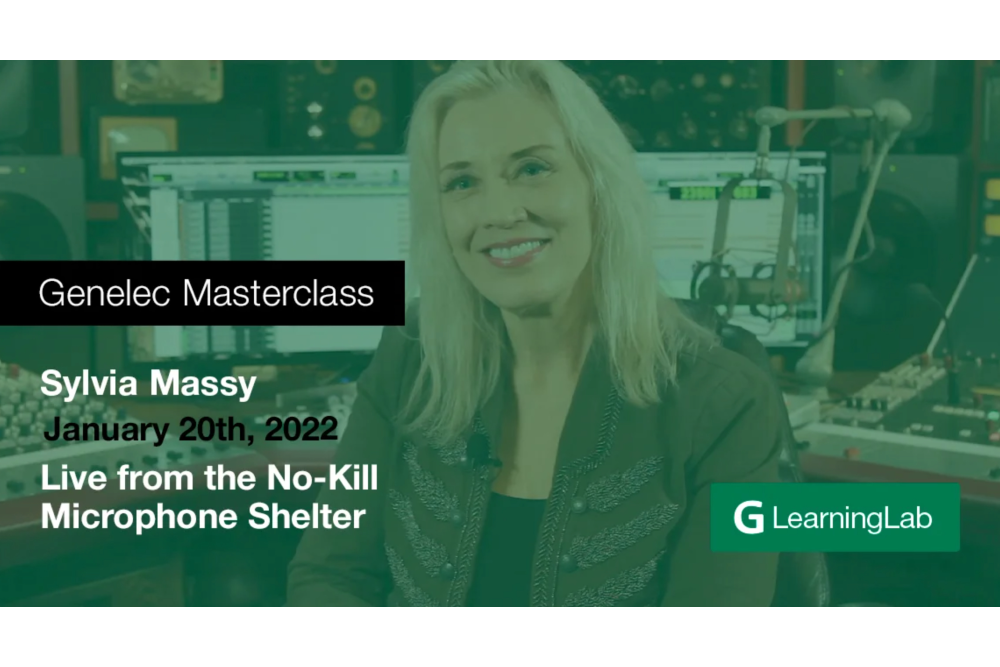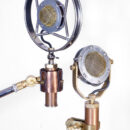Artistry is all about making choices. As a DJ and music producer, I make choices every time I sit down to create a track. I decide, for example, how to employ beats per minute or combine two vocal elements to realize my vision. Since starting the techno and house record label There Is A Light this year, I have suddenly been faced with a different array of choices, many of them involving money. But ultimately, my role as an artist or as a label head is to make decisions with one goal in mind – to stay true to myself and touch as many lives as possible.
 In the worlds of rock, pop and hip-hop, artists who have achieved a certain level of success often create their own record labels. The latest artist to take this approach is Anderson .Paak, who on Nov. 2 unveiled APESHIT INC. with the backing of Universal Music Group. It’s all part of a long tradition that goes back at least as far as Frank Sinatra - established artists seeking more control by taking a spin behind the desk, or as Sinatra would have it, acting as “The Chairman of the Board.”
In the worlds of rock, pop and hip-hop, artists who have achieved a certain level of success often create their own record labels. The latest artist to take this approach is Anderson .Paak, who on Nov. 2 unveiled APESHIT INC. with the backing of Universal Music Group. It’s all part of a long tradition that goes back at least as far as Frank Sinatra - established artists seeking more control by taking a spin behind the desk, or as Sinatra would have it, acting as “The Chairman of the Board.”
I came up in the world of techno and house music, where artists started their own labels not as a bequest of a major record company, but out of necessity. Detroit techno pioneers The Belleville Three – Juan Atkins, Derrick May and Kevin Saunderson – all started their own labels in the 1980s at a time when the majors had little to no interest in the genre. Today, we have powerhouse DJs such as Sian, the founder of Octopus Recordings, showing us how it’s done. I brought Sian on as a consultant when I started There Is A Light in January of this year.
The creation of There Is A Light is a natural progression for my music career. I’ve made music my whole life, but I began working professionally as a DJ in 2016. I’m also an attorney based in Los Angeles and I founded and manage the 22-person Homampour Law Firm. I started my firm with less than nothing and now my company is considered one of the preeminent trial law firms in California. Super Lawyers has ranked me the 5th best attorney in Southern California in all practice areas. My goal in creating There Is A Light has never been to make money. I live for and love music. The label is simply an expression of my love affair for transformative music that connects people. It’s about giving artists new avenues to reach audiences and, for some of them, a pathway to quitting their day jobs and making music full-time.
For some artists who are still trying to establish themselves, creating their own labels might be that pathway. They may want to do something bigger than just getting their tracks on Soundcloud or Spotify; I know I did. Other artists may have achieved major success and now simply want the opportunity to make more choices about their music. Either way, anyone starting a label must be prepared to take considerable time away from making their own music to deal with distribution, marketing, talent acquisition and legal contracts.
Essentially, the components of a successful small label are similar to those of a major one. It’s just about scaling your operation up or down, depending on your resources and ambition. Here are the basics:
CLAIM YOUR PLACE: Look at the market, find a niche, then identify the artists in that space who will gel with your label’s sound. Come up with a name and logo that reflects your sound. Find a good graphic designer to design your logo. These initial steps are as hard as they are exhilarating.
MAKE CONNECTIONS: The great thing about connections is they build on each other. Let’s say you get one DJ to do a remix. That person can connect you to another artist or give you the credibility to cold call an artist you have always wanted to approach. My label approaches artists we respect to ask for any unreleased tracks they want to get out there. Or you might produce a track and realize it’s not a fit for your label’s unique sound. Maybe there’s a gospel-tinged vocal that a label devoted to a retro, disco sound would love to release. Make that connection happen.
GET LEGAL HELP: Right at the outset, you will need to work with a lawyer to obtain a trademark registration for that name and logo that you slaved over for so long. You need good legal contracts, including between yourself and your artists, covering such issues as royalty payments and song production. At There Is A Light, we like to retain the right to ask for edits to tracks. Believe it or not, sometimes changing the kick and a new mixdown can be all that is needed to make a track succeed.
PROMOTE YOUR ARTISTS: You will need personnel to handle social media, public relations and marketing. You also will need a plugger to connect with radio stations and streaming platforms and get airtime and playlist placements. And you will need to use promoters, to get your tracks in front of DJs who will incorporate them into their live sets. Watch the trajectory of some recent successful DJs and you will see that a strong social media presence is key and many times the driving factor.
GET DISTRIBUTION: You will want to find a distribution partner who will handle the technical aspects of getting your music on streaming and music sales platforms and make sure the label gets the royalties they are due. This is not easy because distributors won’t work with just any label. Sometimes you can partner with another label that already has a distributor and come in as a sub-account.
STAY ATTUNED TO THE ARTIST: Artist-run labels are more sensitive to the feelings of their artists because the owner knows all about the sacrifice that goes into making music. This is especially true if the label head, in addition to being an artist, is also a decent human being. Never neglect that. You can let an artist down easy, even as you reject a track. The next track the artist brings you just may be the one that changes both of your lives.
WATCH THE CHARTS: For an electronic music artist, getting on Beatport’s Top 10 can be that ticket to a music career they’ve been chasing their whole lives. It may seem lame, impenetrable or mystifying to focus on charting. It is what it is. The reality is that a producer who is charting has more options and commands higher fees to DJ throughout the world. As a label, the increased attention sends your streams and downloads on the same trajectory. Let the virtuous circle begin.
ARASH HOMAMPOUR is the founder of There Is A Light, a techno and house music label that has released music by artists such as Matt Sassari, Ron Costa and Drunken Kong, as well as Homampour’s own music under his artist name, The Archer.
More information at: andthereisalight.com














